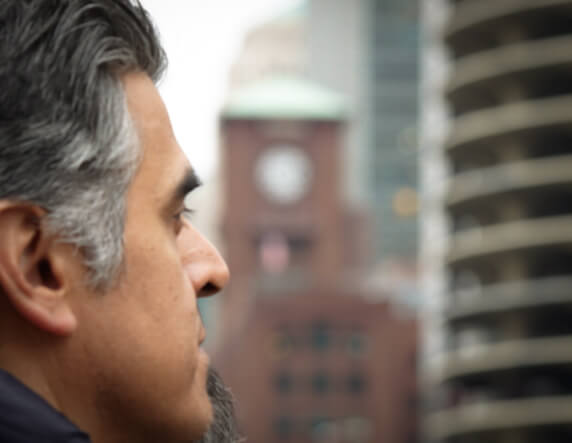
The act of remembrance takes on many different forms and features. Whether remembering events, people or things, the process is never simple, since it often goes deep into our emotional and spiritual lives. Furthermore, retrieving information that is stored in our personal memories is not always easy. There are psychological, neurochemical, physiological and aging factors that come into play, so remembering often takes time and effort.
Despite the difficulties, there are also times when events, people and things are easier for us to remember. For instance, visiting the place where we grew up can bring to mind an array of childhood memories with little to no effort on our part. The same holds for the encounters we have with strangers; they often can remind us of forgotten people. Moreover, in the case of distinct social events they become the vehicles transporting us to lost memories and emotional moments in our lives.
Besides the personal time and efforts brought into remembering important moments, people and events, there are different social and cultural communities that foster and cultivate collective acts of remembrance. The art and museum communities, for example, have been instrumental in creating public spaces of remembrance and memories. Similarly, in our social interactions and groups, we discover that belonging to a group can foster a particular memory or event, which brings meaning to who we are as individuals and as a society.
For the believer, this sense of belonging and community becomes even more serious and significant. The memories and acts of remembrance nurtured in the faith community become the definitive elements of the community’s identity. Consequently, our participation in these acts of remembrance defines who we are and want to become.
For the Catholic Christian community, our collective and public acts of remembrance are grafted on the early Christian community’s encounter and experience of Jesus. For millennia, we have been a community that never tires of remembering Jesus. Ours has become an oral and written tradition that fosters and cultivates a particular way of being in the world: “Thomas said, ‘Lord, we do not know where you are going, so how can we know the way?’ Jesus said to him: I am the way; and the truth and the life. No one comes to the Father, except through Me” (John 14:5-6).
This memory of Jesus as the path forward, then, has guided and has given the Christian its authenticity. In different places and at different times, the Christian community has sought to keep His memory alive and burning in their hearts. No matter how challenging and devastating things became, believers found hope and direction in their memories of Jesus and in His words: “I consider that the sufferings of this present time are not worth comparing with the glory about to be revealed” (Romans 8:18).
This same memory and remembrance of Jesus keeps us going today. Even in the midst of our own struggles and suffering, we are encouraged by our community of faith to remember Jesus. In particular, we have come to accept that our remembrance of Jesus is never far from the person next door in need of our justice and love: “Lord, when did we see you hungry and feed you, or thirsty and gave you drink? When did we see you a stranger and welcome you, lacking clothes and clothe you? When did we find you sick or in prison and go to see you?” (Matthew 25: 31-46).
We pray that our remembering Jesus and His words may bring us closer to one another, so that our community and memories may grow a thousand fold.
F. Javier Orozco
First published November 21, 2019 in the St. Louis Review
